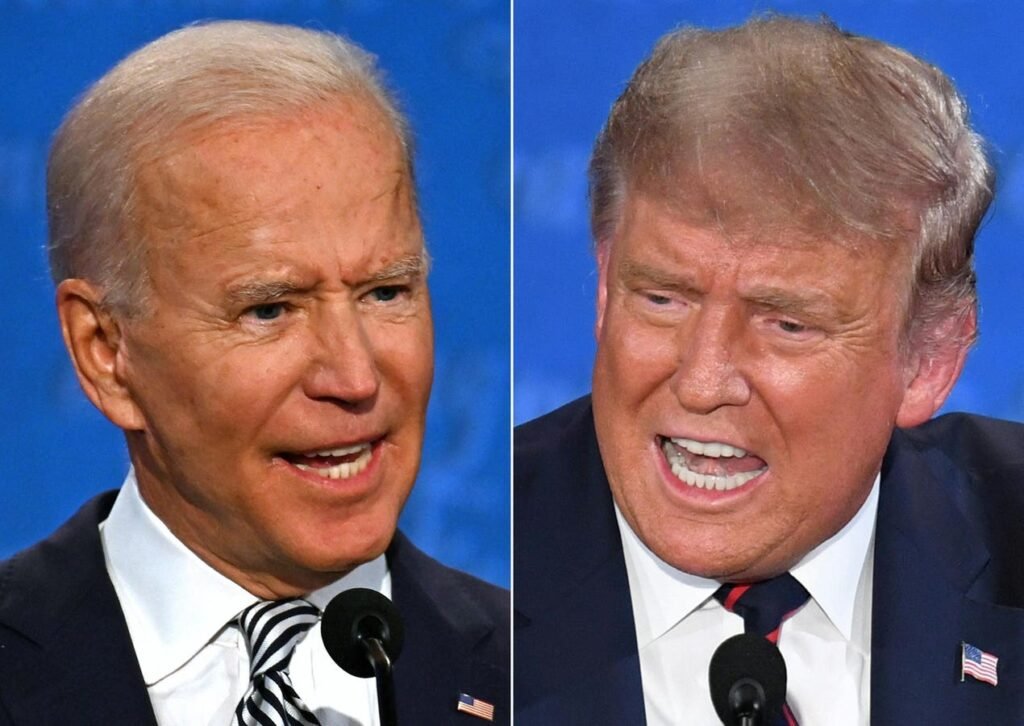In the midst of the intense drama surrounding the presidential debates, the focus on which candidate benefits the US economy often gets lost. Recent chatter has shifted towards concerns about Biden’s cognitive and physical decline and potential replacements, diverting attention from policy issues. The presidential candidates are being scrutinized for their character and mental/physical capacities, but neither seems to be significantly moving the needle in national polls. Despite Trump’s criminal convictions, he has maintained an edge over Biden, until now. A recent Bloomberg Morning Consult poll shows that Biden has widened his lead in swing states of MI and Wisconsin, indicating a shift in public opinion.
The economic landscape under each candidate’s potential presidency reveals diverging paths and trajectories based on public statements and party mandates. Inflation, GDP, and unemployment trends will continue to dominate economic discussions, with inflation remaining stagnant at current levels and shelter costs continuing to rise. The Federal Reserve’s prescribed 2% inflation target may not be met, leading to the postponement of interest rate cuts. Both candidates will inherit a declining GDP and rising unemployment, potentially leading to stagflation, which poses a threat to the economy regardless of who takes office in January.
The voters’ belief that Trump/Republicans would handle the economy better than Biden/Democrats reflects perceived differences in business expertise and party policies. The rising deficit, slow economic growth, and an expansion in governmental hiring raise concerns about government expansion exacerbating inflation. Tax policies differentiate the candidates, with Trump/Republicans favoring tax cuts and Biden/Democrats advocating for tax increases, especially on the wealthy. The imposition of various tax surcharges in Democratic-leaning states suggests a trend towards higher taxes and increased government involvement.
The use of tax incentives to encourage growth in targeted industries has historically been a successful strategy, but it has not been a focus of the current election discussions. Corporate tax incentives have been used to support specific industries and drive economic growth in the past. The historical growth of California’s economy was fueled by tax benefits that encouraged investment in agriculture and wine production. Targeted tax incentives could be utilized to foster innovation and drive long-term economic prosperity for Americans, building on the legacy of entrepreneurial growth that has driven the US economy for centuries.
As the presidential election approaches, the focus on character and mental acuity concerns may shift towards economic initiatives that target growth industries led by entrepreneurs. A thoughtful tax policy that encourages innovation and entrepreneurship could be the key to driving the US economy forward now and in the future. Both candidates have the opportunity to articulate policies that support economic growth and job creation, which could ultimately make a key difference in the outcome of the election. It is not too late for a shift in focus towards economic policies that will benefit the US economy in the long run.

